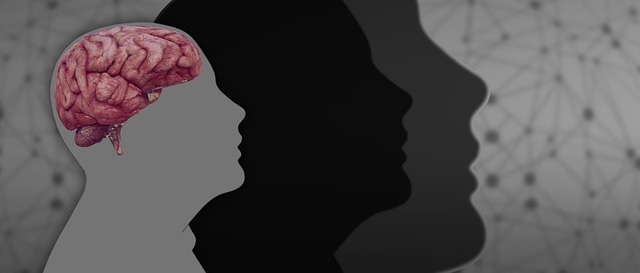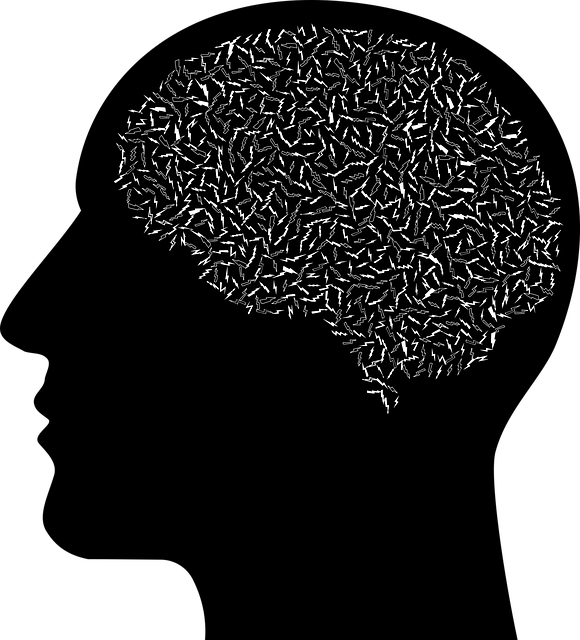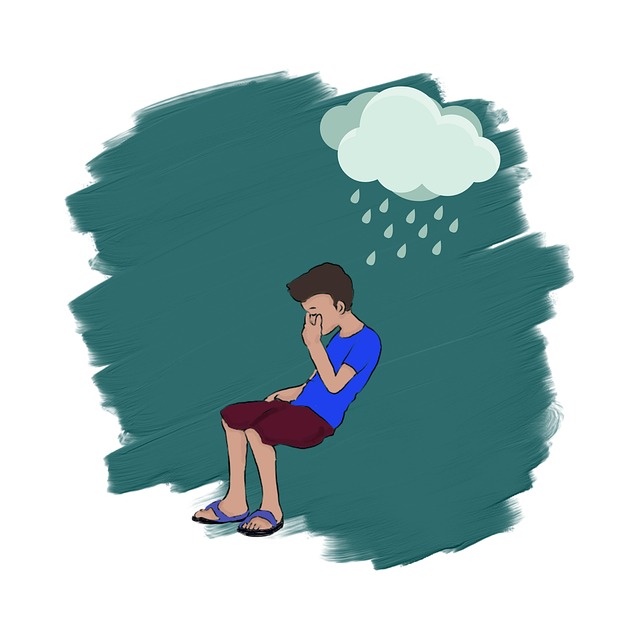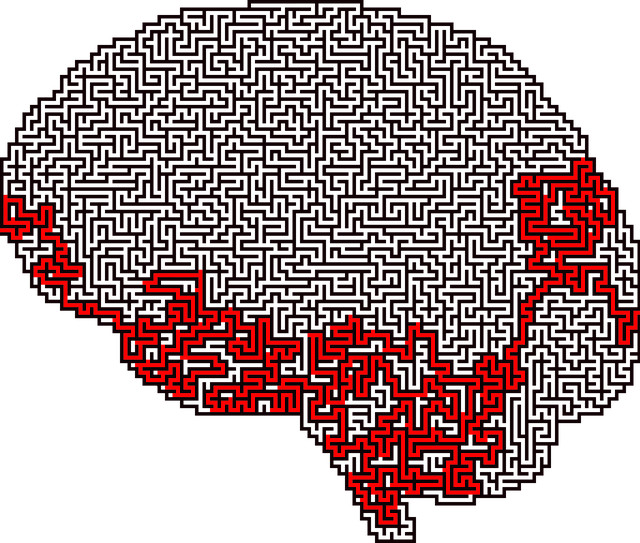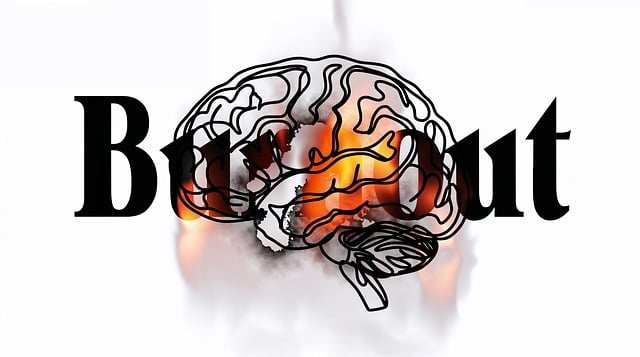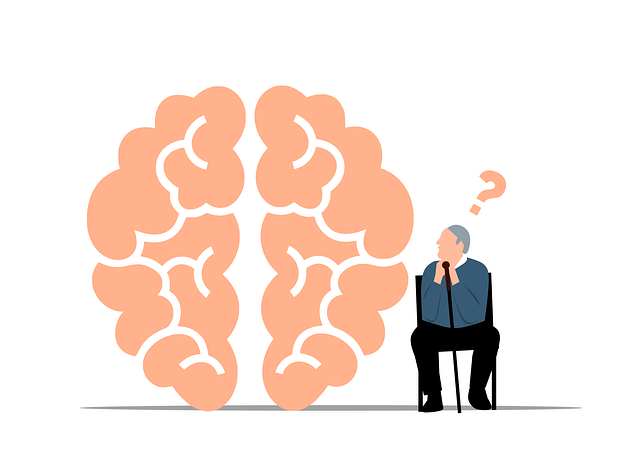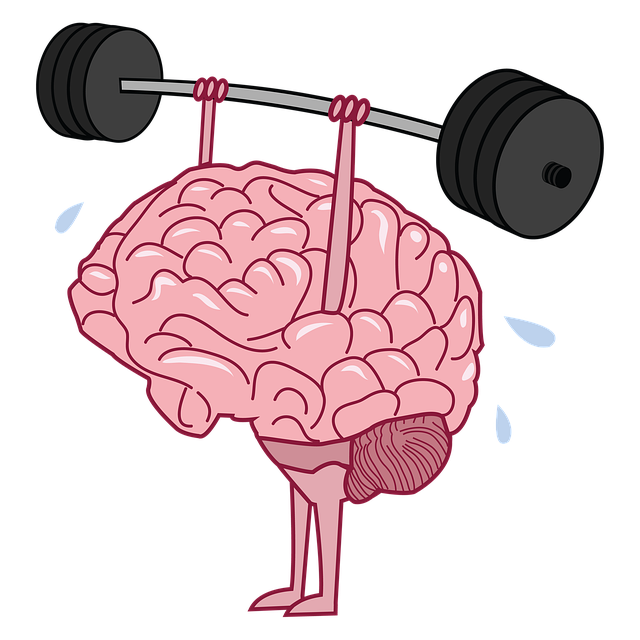Mental wellness groups at Centennial Autism Spectrum Disorder (ASD) Therapy provide a supportive haven for individuals on the spectrum to enhance their mental health, self-expression, and emotional understanding. Professional facilitators use tailored workshops and discussions to address specific ASD challenges, contributing to broader Mental Health Awareness and policy analysis. The inclusive environment, structured activities, and diverse engagement methods cater to individual needs while fostering safety, respect, and active listening. Cultural competency ensures a nurturing space for all participants, promoting effective group facilitation and overall well-being.
Mental wellness groups play a pivotal role in supporting individuals with Autism Spectrum Disorder (ASD), fostering social connections, and enhancing coping strategies. This article explores effective group facilitation techniques tailored for ASD therapy, focusing on creating safe spaces for expression and growth. We delve into strategies that cater to the unique needs of this population, emphasizing the importance of understanding ASD dynamics for optimal group experiences. With a spotlight on Centennial Autism Spectrum Disorder Therapy, these insights empower group leaders and caregivers to facilitate inclusive and transformative support networks.
- Understanding Mental Wellness Groups for Individuals with Autism Spectrum Disorder (ASD)
- Effective Group Facilitation Strategies for Centennial ASD Therapy
- Creating a Supportive Environment: Tips for Group Leaders and Caregivers
Understanding Mental Wellness Groups for Individuals with Autism Spectrum Disorder (ASD)

Mental wellness groups play a pivotal role in supporting individuals with Autism Spectrum Disorder (ASD), offering a unique and beneficial environment for their growth and well-being. These groups provide a safe space where people with ASD can connect, share experiences, and learn from one another. Facilitated by trained professionals, the sessions focus on various aspects of mental health, tailored to the specific needs and challenges of this diverse population.
Centennial Autism Spectrum Disorder Therapy recognizes the importance of group facilitation as an adjunctive approach, complementing traditional therapy methods. Through interactive discussions, skill-building workshops, and supportive peer interactions, participants gain valuable tools for managing their mental health. This inclusive setting encourages self-expression, fosters inner strength development, and promotes a deeper understanding of one’s emotions and behaviors, ultimately contributing to improved overall Mental Health Awareness and policy analysis within the ASD community.
Effective Group Facilitation Strategies for Centennial ASD Therapy

Effective group facilitation techniques are pivotal for Centennial Autism Spectrum Disorder (ASD) therapy, fostering an inclusive environment that promotes learning and growth. Facilitators play a crucial role in navigating complex social dynamics, ensuring every participant feels valued and supported. One powerful strategy is employing structured activities tailored to address specific challenges faced by individuals with ASD, such as enhancing communication skills or improving mood management. These activities create a safe space for practicing social interactions, fostering mental health awareness and boosting confidence.
Additionally, facilitators can utilize circular discussions and role-playing exercises to encourage active participation. By facilitating open conversations, participants gain insights into different perspectives, promoting empathy and understanding within the group. This interactive approach not only enhances mental wellness but also instills valuable life skills, including emotional regulation, essential for navigating the complexities of daily living with ASD.
Creating a Supportive Environment: Tips for Group Leaders and Caregivers

Creating a supportive environment is paramount for effective mental wellness group facilitation. Group leaders and caregivers play a crucial role in fostering a safe and inclusive space where participants feel comfortable sharing their experiences and engaging in therapeutic activities. To achieve this, it’s essential to establish clear boundaries, ensuring all members respect each other’s privacy and personal limits. Creating a structured yet flexible agenda allows for a balanced session, covering various topics while catering to individual needs. Incorporating diverse engagement methods—such as discussions, role-playing, and creative exercises—enables every participant to participate in a way that suits them best.
Additionally, promoting active listening and non-judgmental attitudes among facilitators is vital. This encourages open dialogue and helps individuals feel heard and understood. Group leaders should also be mindful of cultural competency, especially when working with diverse populations like those with Centennial Autism Spectrum Disorder (ASD). Healthcare provider training in cultural sensitivity ensures that everyone feels welcomed and supported. By implementing these emotional well-being promotion techniques, caregivers can significantly contribute to preventing burnout and creating a nurturing environment for all participants, ultimately enhancing the therapeutic experience.
Mental wellness groups play a pivotal role in supporting individuals with autism spectrum disorder (ASD) by fostering peer connections and skill development. The techniques outlined, particularly those tailored for Centennial ASD therapy, emphasize creating safe, inclusive spaces that encourage active participation. By implementing these effective group facilitation strategies and environmental considerations, leaders and caregivers can significantly enhance the therapeutic experience, promoting mental wellness and improving quality of life for individuals with ASD in a supportive and engaging environment.
